100% Original Wholesale brand new AMD EPYC 7702 7702P 7742 7H12 CPU Processor 2.0GHz 64 Core 128 Threads 200W
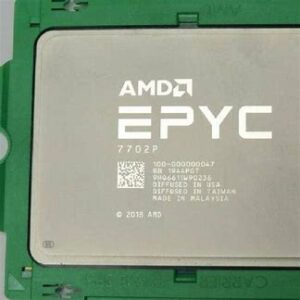
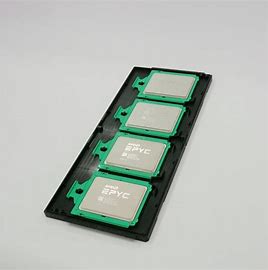
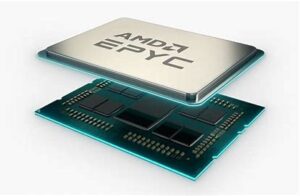
Here’s a comparison table for the AMD EPYC 7702, EPYC 7702P, EPYC 7742, and EPYC 7H12 processors:
| Specification | EPYC 7702 | EPYC 7702P | EPYC 7742 | EPYC 7H12 |
|---|---|---|---|---|
| Launch Year | 2019 | 2019 | 2019 | 2019 |
| Architecture | Zen 2 | Zen 2 | Zen 2 | Zen 2 |
| Process Node | 7nm | 7nm | 7nm | 7nm |
| Cores / Threads | 64 / 128 | 64 / 128 | 64 / 128 | 64 / 128 |
| Base Clock (GHz) | 2.0 | 2.0 | 2.25 | 2.6 |
| Boost Clock (GHz) | 3.35 | 3.35 | 3.4 | 3.3 |
| Default TDP (W) | 200 | 200 | 225 | 280 |
| Max. TDP (W) | 200 | 200 | 240 | 280 |
| L3 Cache (MB) | 256 | 256 | 256 | 256 |
| L2 Cache (MB) | 32 | 32 | 32 | 32 |
| Memory Support | 8-channel DDR4-3200 | 8-channel DDR4-3200 | 8-channel DDR4-3200 | 8-channel DDR4-3200 |
| Max. Memory (TB) | 4 | 4 | 4 | 4 |
| PCIe Lanes | 128 (PCIe 4.0) | 128 (PCIe 4.0) | 128 (PCIe 4.0) | 128 (PCIe 4.0) |
| Socket | SP3 | SP3 | SP3 | SP3 |
| Multi-Processor (SMP) | Yes (2S) | No (1S only) | Yes (2S) | Yes (2S) |
| Use Case | General Server | Single-Socket Server | High-Performance Server | High-Fre |
AMD EPYC 7702
-
Target Use Case: General-purpose servers, cloud computing, and enterprise workloads.
-
Key Features:
-
64 cores / 128 threads with a base clock of 2.0 GHz and boost up to 3.35 GHz.
-
200W TDP, balancing power efficiency and performance.
-
Supports dual-socket (2P) configurations, making it ideal for scalable data centers.
-
256MB L3 cache and 8-channel DDR4-3200 memory for high throughput.
-
128 PCIe 4.0 lanes for high-speed storage and networking.
-
-
Best For: Virtualization, database servers, and enterprise applications needing high core counts with moderate clock speeds.
AMD EPYC 7702P
-
Target Use Case: Single-socket servers where dual-socket support is unnecessary.
-
Key Features:
-
Nearly identical to the EPYC 7702 (same 64C/128T, 2.0 GHz base, 3.35 GHz boost, 256MB L3 cache).
-
Single-socket (1P) only—optimized for cost-sensitive deployments.
-
200W TDP, same memory and PCIe support as the 7702.
-
-
Best For: Workloads that don’t require multi-CPU scaling, such as mid-range cloud servers, storage nodes, and HCI (Hyperconverged Infrastructure).
AMD EPYC 7742
-
Target Use Case: High-performance computing (HPC), demanding enterprise, and hyperscale workloads.
-
Key Features:
-
Higher clocks than the 7702: 2.25 GHz base / 3.4 GHz boost.
-
225W TDP (240W max), allowing better sustained performance.
-
Still 64C/128T with 256MB L3 cache and 8-channel DDR4-3200.
-
Supports dual-socket (2P) configurations for maximum scalability.
-
-
Best For: CPU-intensive tasks like scientific computing, rendering, and high-core-count applications needing higher clock speeds than the 7702.
AMD EPYC 7H12
-
Target Use Case: Extreme performance workloads, high-frequency HPC, and supercomputing.
-
Key Features:
-
Highest base clock (2.6 GHz) among these EPYC models, with a 3.3 GHz boost.
-
280W TDP—designed for maximum performance at the cost of power efficiency.
-
Still 64C/128T, 256MB L3 cache, and 8-channel DDR4-3200.
-
Supports dual-socket (2P) configurations.
-
-
Best For:
-
High-frequency HPC (e.g., CFD, FEA, weather modeling).
-
Supercomputing clusters (used in systems like the Cray CS500).
-
Workloads where raw clock speed matters more than power efficiency.
-
Comparison Summary:
| Model | Best For | Clock Speeds | TDP | Socket Support |
|---|---|---|---|---|
| 7702 | Balanced 2P servers | 2.0 / 3.35 GHz | 200W | 2P |
| 7702P | Cost-effective 1P servers | 2.0 / 3.35 GHz | 200W | 1P only |
| 7742 | High-performance 2P servers | 2.25 / 3.4 GHz | 225W | 2P |
| 7H12 | Extreme HPC & supercomputing | 2.6 / 3.3 GHz | 280W | 2P |
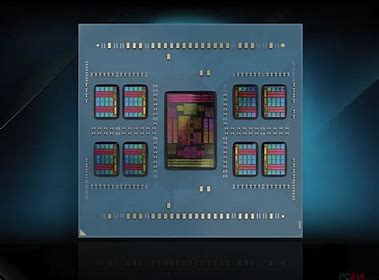
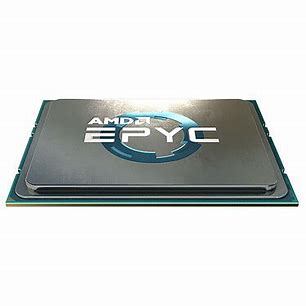
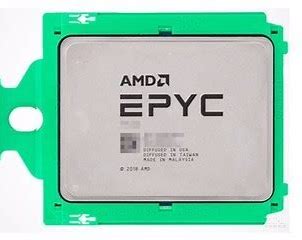
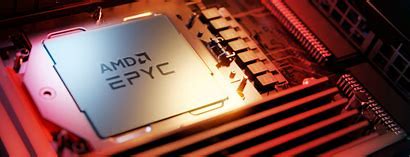
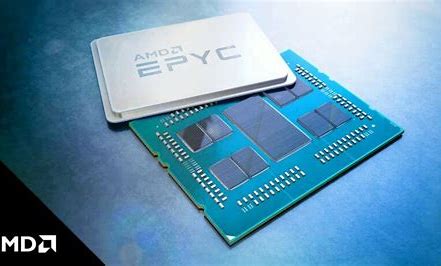
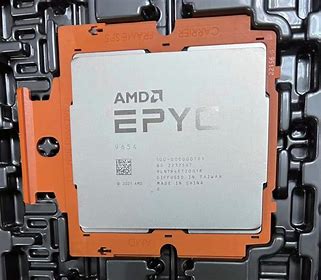
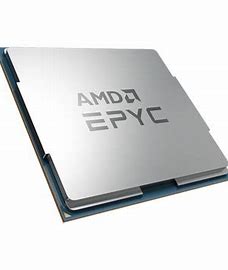

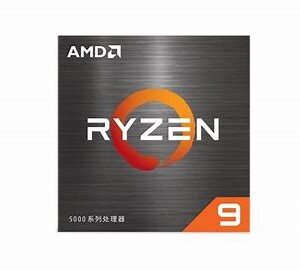
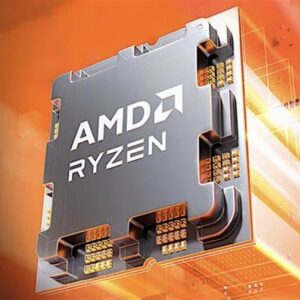
Reviews
There are no reviews yet.